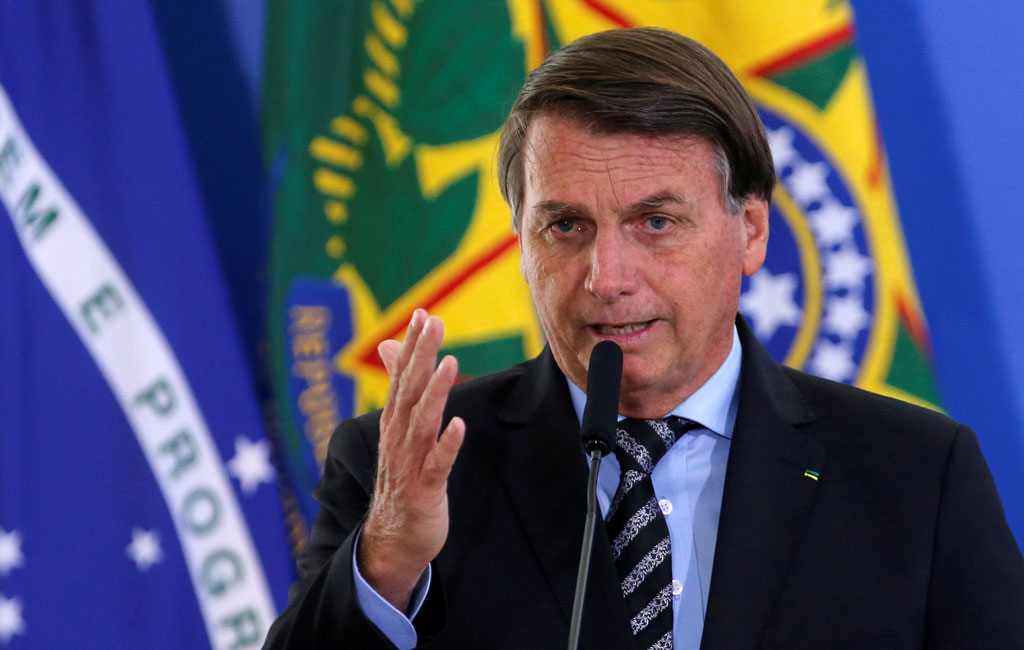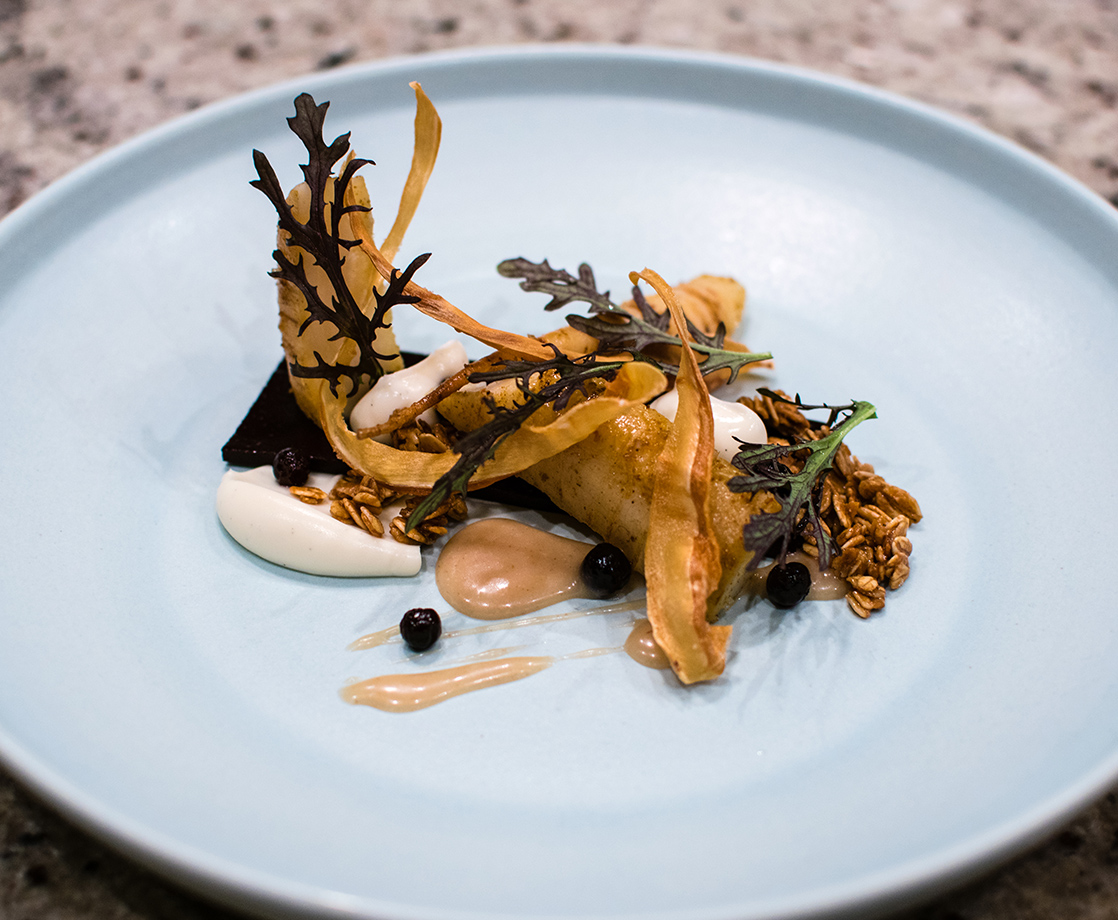Image via
If you know anything about the state of political affairs in Brazil, you know that its far-right president Jair Bolsonaro represents a serious threat to the physical safety of its Black and queer communities — not to mention, the civil liberties of the population as a whole. Latin America’s most populous country has faced incessant attacks on nearly everything that can be seen as a progressive value, and the latest battlefield that Bolsonaro and his supporters have chosen is medicinal cannabis.
Cannabis Health has followed the story for months. In the publication’s most recent report, it cites that Gustavo Maia, the editor of Cannabis Monitor, a Brazilian educational publication, said that the latest anti-weed tactics (which range from erroneous statements made in the Senate to armed raids on cannabis advocacy groups) are a political tactic used by Bolsonaro to align himself “contrary, in any circumstance, to the agendas aligned with progressive ideals” and as a way to “gain the support and sympathy of the large conservative portion of the Brazilian population, which is very poorly informed about the issue.”
In 2019, Brazil legalized the importation of the first medicinal cannabis product; a bottle of 200 milligrams of CBD that costs $435. It’s ghastly, considering the monthly income guaranteed by law in Brazil is 1,039 Brazilian reals, according to 2020 data.
The limited availability has garnered verbal attacks from high profile Bolsonaro supporters. Cannabis Health identifies two leaders in this movement: Osmar Terra, a member of Congress, former Bolsonaro minister, and doctor; and Damares Alves, an evangelical pastor who is the president’s Minister of Human Rights, Family and Women. The former has told a Senate committee that cannabis use leads to consumption of harder drugs. The latter has published a booklet saying that medicinal cannabis has “little evidence for use.”
“The government is applying effort to put in motion an anti-science, anti-knowledge revolution leading to a neo-inquisition and a neo-Pentecostal, neo-liberal state that might end in the burning of books and public universities but also scientists and educators,” said Renato Malcher Lopes, neuroscientist and University of Brasilia cannabis researcher.
Words turned to actions against those looking to widen cannabis access for Brazil in July, when armed law enforcement raided the offices of Rio de Janeiro cannabis cultivation advocacy group ABRACannabis — which also happens to be the home of its director and medical cannabis patient, Pedro Zarur.
There has also been a wave of social media censorship of Brazilian cannabis pages, which advocates suggest might be due to coordinated activity by far-right trolls. Some groups, like the feminist anti-prohibitionist group Girls in Green, have seen a direct correlation between posting anti-Bolsonaro content and having their page taken down a few days later.
Limited progress has been made regarding medicinal marijuana access in the past few years in Brazil. Hopefully, the actions of retrograde politicians currently in power won’t succeed in stopping or reversing the effort to end its patently racist Drug War.











